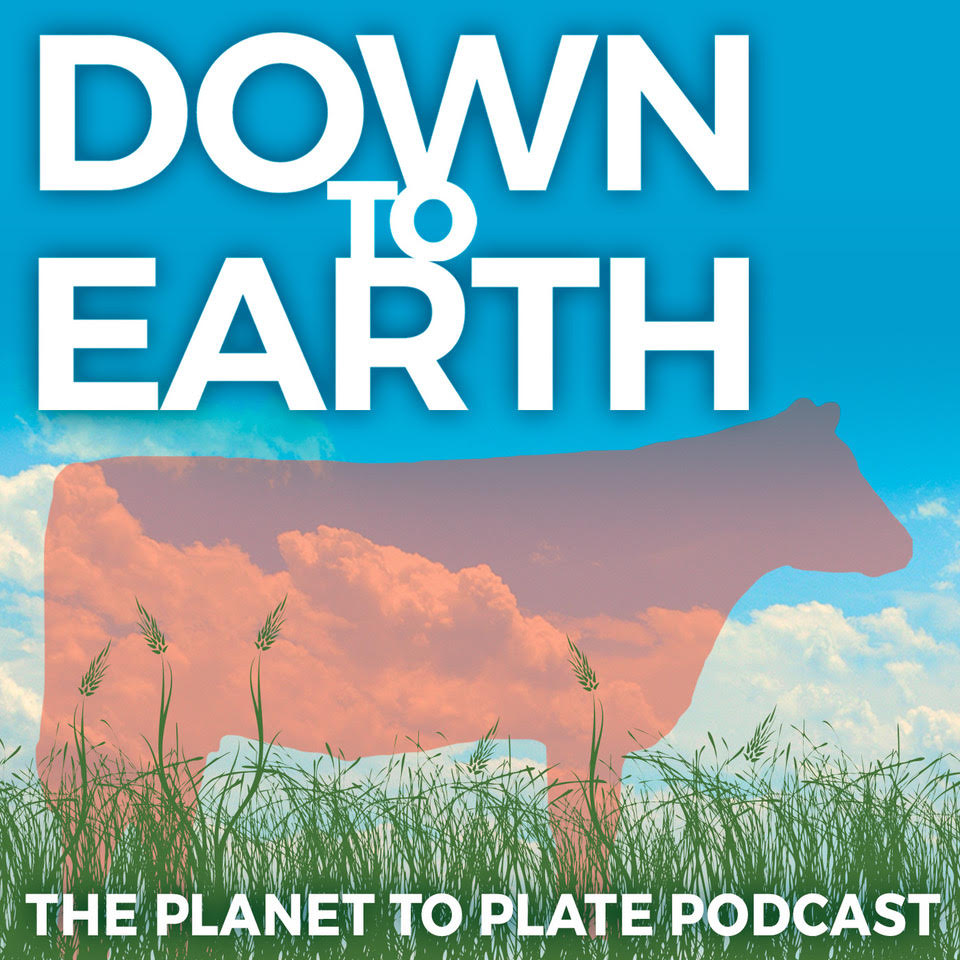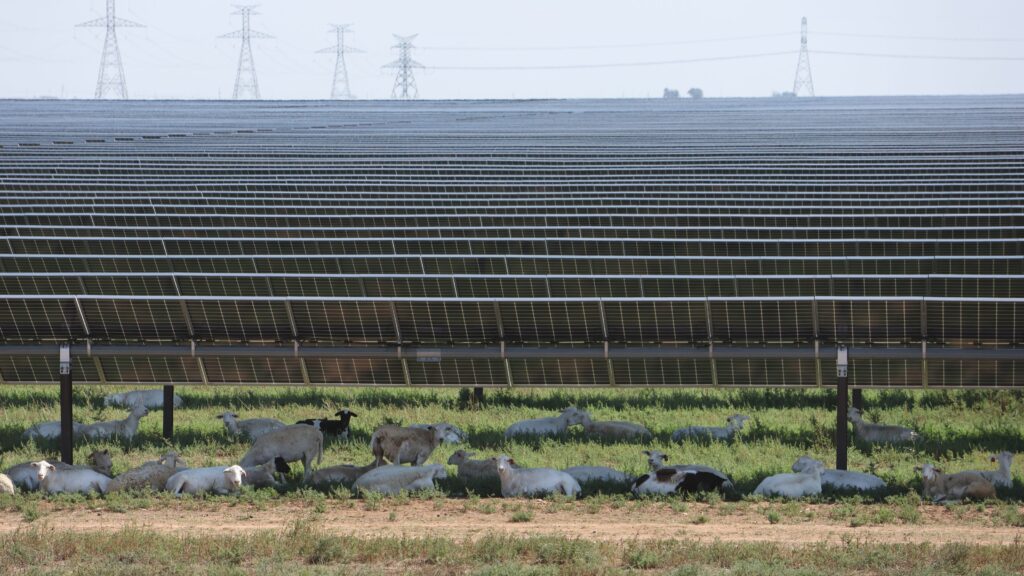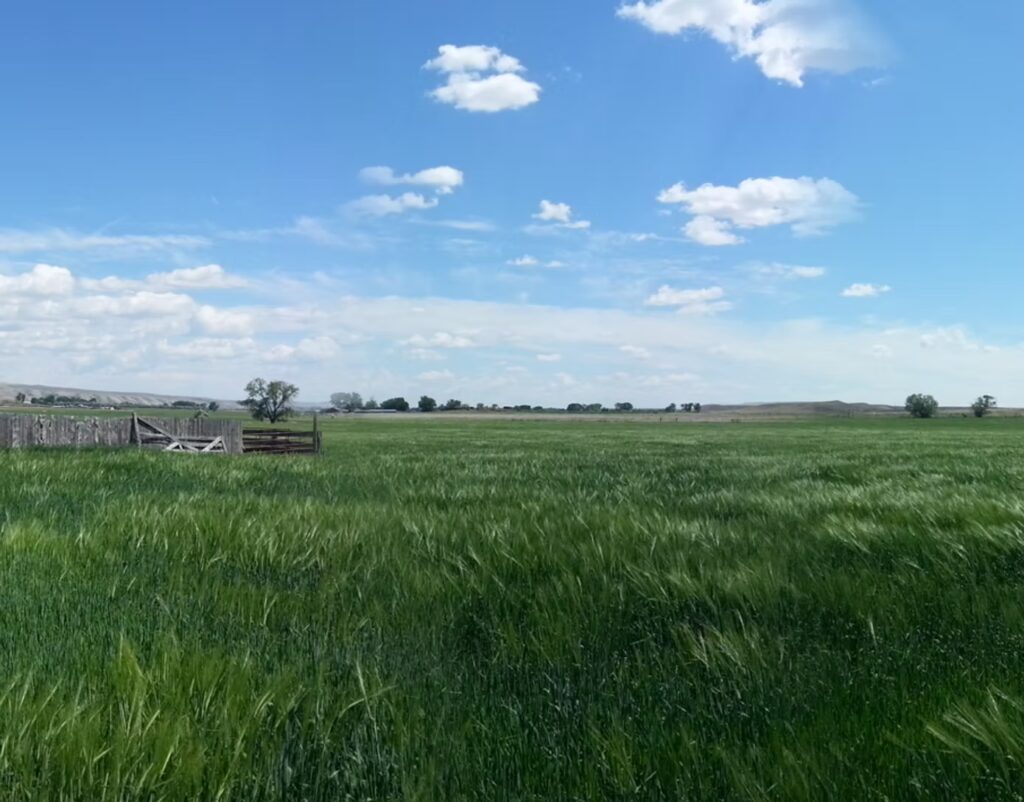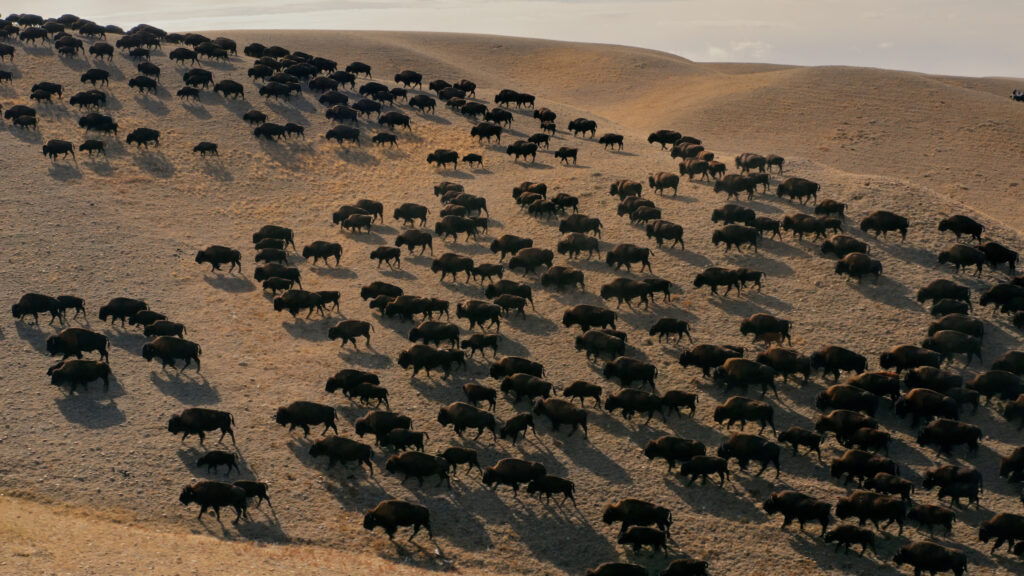The food-housing nexus
Phillip Warsaw‘s work is all about the interconnectedness of the systems that keep our lives going––food, housing, transportation, health care. In his research in Milwaukee he discovered that in Black and Latino neighborhoods housing was significantly more expensive if it was near grocery stores, but the same wasn’t true in more affluent White neighborhoods. Why? And does this mean that better food access leads to gentrification?
Warsaw is an Assistant Professor of Ecological Economics and Environmental Justice in the Department of Community Sustainability at Michigan State University. Prior to joining MSU he was a postdoctoral fellow at the Center for Integrated Agricultural Systems at the University of Wisconsin-Madison.
Catch Phil as a keynote speaker at this fall’s Regenerate Conference in Denver.
Shownotes
Food building photo by Nick Hillier on Unsplash
2’29 the relationship between food access and housing
7’52 car ownership lower in Black neighborhoods, which makes the food access problem more difficult
9’32 contrast with non-affluent white neighborhoods
11’19 the problem of adding grocery stores and driving up the price of housing
13’18 complex dynamics of gentrification
16’47 urban gardens can also inadvertently drive gentrification
18’55 other indicators of housing prices like trees in hot cities
20’09 supermarket redlining mapping onto historical redlining
21’41 it’s expensive to be poor
23’01 large vs small grocery stores
25’44 the problem of monopolistic conglomorates
27’28 solutions for affordable housing
30’04 land trust model
31’20 the problem with the greed culture of capitalism
34’15 restoring government that is of by and for ordinary people
38’07 why are so many people displaced when the actual number of rich people is so small
39’53 people being pushed out into the suburbs will have land as the more affluent move into the city
41’08 embracing the interconnections among housing, food, health care, economic system, etc.
42’36 building regional food systems
43’41 the local food movement happening on a local level despite corporate control, but it’s still a small percentage of the whole








